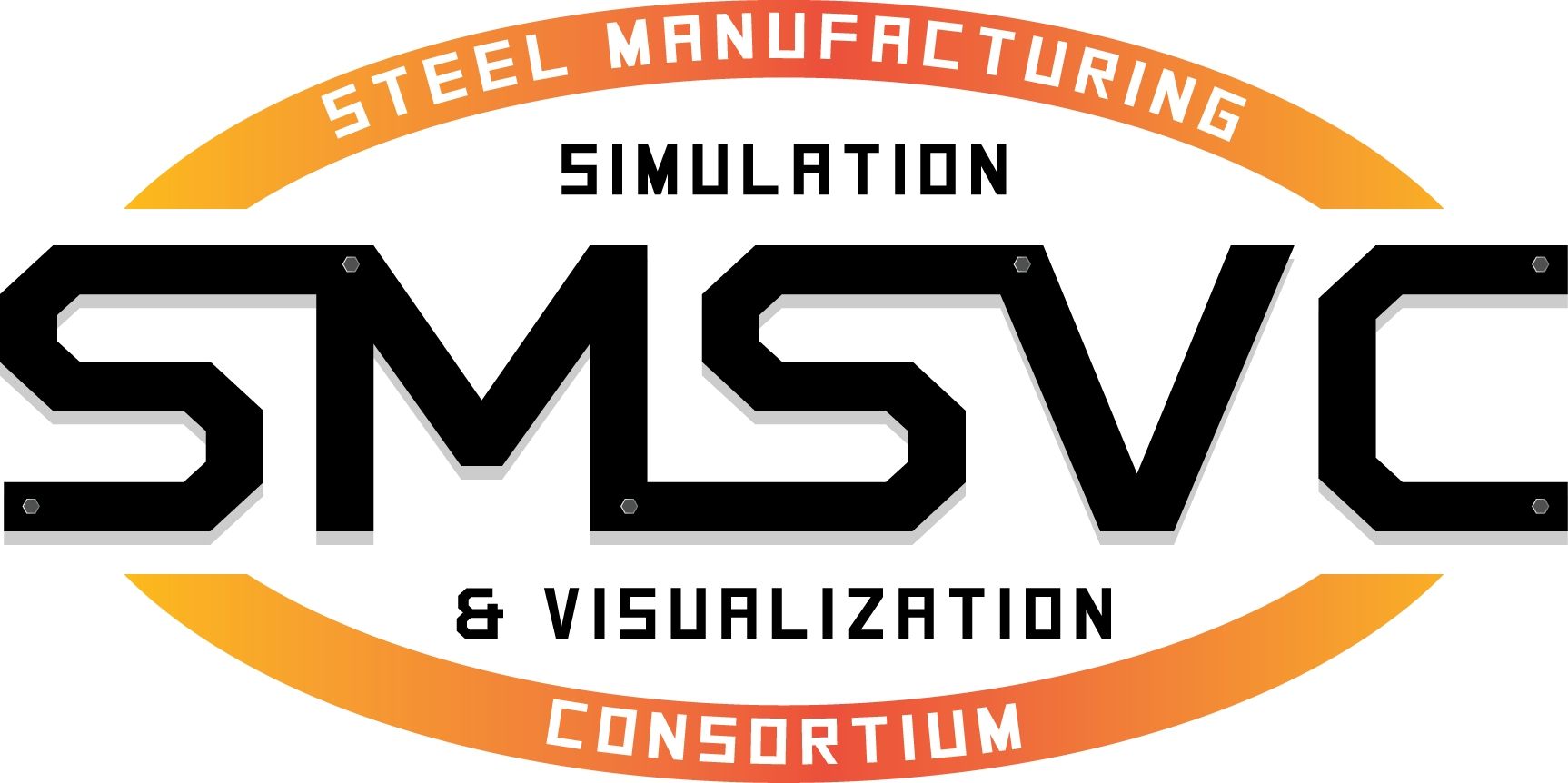On June 13, Gerdau hosted a successful technical meeting and site visit at its Steel Plant in Monroe, MI for the $10 million project to develop and demonstrate an industrial hydrogen-fired steel reheating furnace. The project was recently awarded by the U.S. Department of Energy (DOE)’s Industrial Efficiency and Decarbonization Office (IEDO). At the event, Gerdau’s President Rodrigo Belloc and Plant General Manager Daniel Mussap warmly welcomed the DOE IEDO representatives and industrial leaders of the project. Kevin Kondrat (Improvement Facilitator of Rolling Mill at Gerdau) gave an impressive overview of Gerdau Special Steel North American (GSN) and Monroe Plant. DOE IEDO Deputy Director Paul Gauche introduced IEDO’s vision and goals about industrial decarbonization, followed by enthusiastic comments by project leaders Joao Gonzaga (Gerdau), Joe Maiolo (Linde), Bernard Chukwulebe (ArcelorMittal), and Kurt Johnson (Cleveland Cliffs).
The DOE IEDO technical manager Daniel Stewart gave a review of the project objectives and expected outcomes, and CIVS Director and Project Leader Chenn Zhou gave descriptions of project tasks and timeline. Detailed discussions on project milestones and deliverables were lively and productive. Participants also enjoyed and appreciated a comprehensive tour of the steel plant which was well organized by Gerdau’s managers, engineers, and operators. Thank you to Gerdau Special Steel for their great hospitality. The project team members also appreciate the great support from DOE IEDO!
This project is the first-of-its-kind industry-scale demonstration of H2-fired continuous RF operation in the U.S. and creates a landmark example for relevant industrial practices worldwide. The goals of the project are to (1) conduct a field demonstration of stable single-zone H2-fired industry-scale walking-beam reheating furnace operation at standard production rates to reduce CO2 emissions in accordance with the DOE industrial decarbonization roadmap; (2) advance technical knowledge of H2 combustion impacts and develop guidelines for H2-fired RF operation to reduce CO2 emissions; (3) enhance RF energy efficiency by up to 10% to improve U.S. industry’s global competitiveness; and (4) positively impact underserved communities through a Diversity, Equity, and Inclusion plan focused on workforce development and virtual training.
The project is led by PNW CIVS in collaboration with technical partners including ArcelorMittal, Argonne National Laboratory (ANL), Cleveland-Cliffs, Gerdau, Linde, Oak Ridge National Laboratory (ORNL), and the Steel Manufacturing Simulation and Visualization Consortium. Specifically, Gerdau’s reheating furnace in Monroe, MI will be used as the demonstration site for the use of hydrogen as a fuel source. Linde will provide the hydrogen gas, redesign the burners, and conduct laboratory testing to assess the impact of hydrogen on steel samples. Cleveland-Cliffs’ furnace will be used for virtual demonstration of the use of hydrogen. ArcelorMittal will analyze scale growth using samples from Linde’s experiments. ORNL will create a reduced order model (ROM) to enable real-time furnace analysis. ANL will perform Life Cycle Assessment (LCA) and Techno-Economic Analysis (TEA) studies to evaluate the potential environmental benefits and economic viability of hydrogen use in the steel industry. CIVS will conduct CFD simulations and develop an integrated virtual reheating furnace (IVBF) simulator. The project team members have long collaboration histories with PNW CIVS and SMSVC.
For more information, see previous article.
The post Project Team and DOE Representatives Visit Gerdau’s Monroe Steel Plant for H2 Demonstration in Reheating Furnace appeared first on Center for Innovation through Visualization and Simulation (CIVS).
